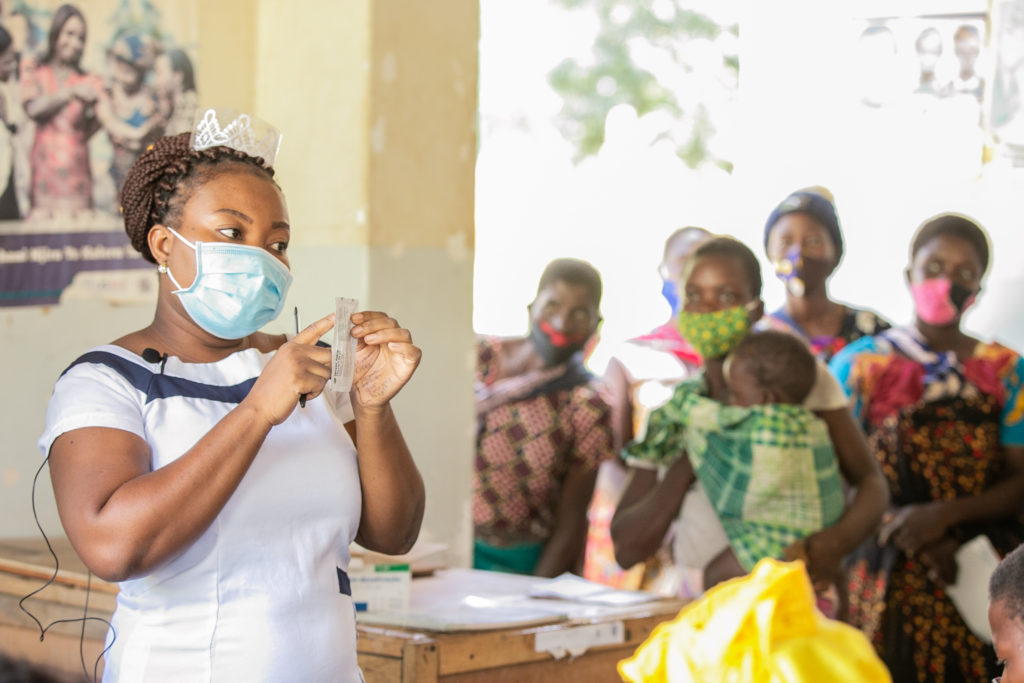Empowering Women by Expanding Contraceptive Choice
Empowering Women by Expanding Contraceptive Choice

While Malawi has increased access to family planning (FP) and reproductive health services, many women live in rural areas where stock-outs occur and regular access to health care and FP services is not a reality. ONSE was a part of a national taskforce that provided technical support in the rollout of depot medroxyprogesterone acetate subcutaneous (DMPA-SC), or Sayana Press, and supported the Ministry of Health (MOH) to introduce DMPA-SC/Sayana Press at the community level.
ONSE helped bring FP services into communities and closer to the people who needed them, increased the available FP method mix, and provided outreach to youth to increase access and address demand. ONSE supported the MOH to conduct integrated family health outreach clinics, supported mobile youth outreach clinics covering hard-to-reach areas, and offered supervision and mentorship with a focus on FP data management.
DMPA-SC/Sayana Press is the most popular method of contraception at community outreach sites. It is a small, easy-to-use, self-injectable form of long-acting reversible contraception. Sayana Press is a game changer for women and youth accessing FP services. It provides an opportunity for long-acting protection, discretion, and autonomy.
Through supportive supervision in facilities, ONSE provided on-the-job mentorship, joint problem solving, and communication to build the competency of health workers in the provision of DPMA-SC/Sayana Press at the community level.
“Through ONSE’s support in building the capacity of staff, community sensitization, and providing technical support, DMPA-SC, especially self-injections, is becoming a reality. Adolescents and women of childbearing age are now able to access contraception within their reach and they are empowered to take part in safe care.” – George Maruwo, ONSE FP advisor.
“I heard about the self-injection contraceptive from my friends, but most were afraid to use it. When the nurse explained to me what it takes to use, I realized that this is preferable to me because it lessens the distances and frequency I have to travel to the health center.”
Naomi, a client from Nkhotakota, Malawi